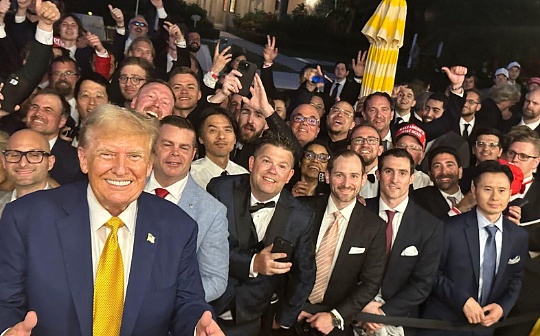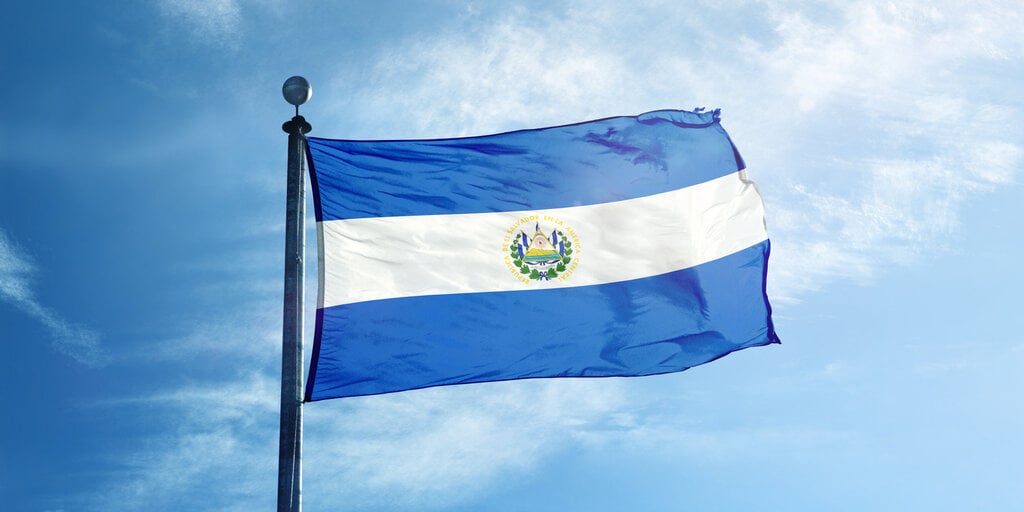As tariff negotiations highlight long-standing tensions in market access and regulation,The issue of U.S. automakers failing to win a significant share in the Japanese auto market has once again attracted attention.
U.S. President Trump insistsNon-tariff barriers hinder U.S. manufacturers.But Japanese commentators say that American brands are rare on Japanese roads.A more reasonable explanation is the size, fuel efficiency and price of its vehicle.
Earlier this month, Trump criticized the auto market in Japan and South Korea in a speech. He said:
"94% of Japan's cars are made in Japan. Toyota sells 1 million foreign-made cars to the United States every year... Our company cannot enter other countries."
Japan has called on the U.S. to reconsider tariffs on cars and steel in recent trade talks, but U.S. officials refused to give special treatment, according to reports from Japanese broadcaster NHK. Japanese Prime Minister Shigeru Ishiba strongly opposed these tariffs, especially the 25% tariff imposed on Japanese car exports.
Japanese Minister of Economic Revitalization Akazawa Ryosei, as the chief negotiator of Japan, called on the United States to withdraw tariffs that have a huge impact on key Japanese exports. However, the U.S. representative said they cannot make exceptions for Japan when other countries are facing similar trade measures.
Japanese officials worry that the U.S. may not reduce tariffs, but may instead require Japan to increase imports of more U.S. cars and agricultural products to help narrow the trade deficit.
Although Japan has not imposed tariffs on imported cars and parts since 1978, foreign automakers still have difficulty expanding their market share. According to data from the Japan Automobile Sales Association and the Japan Light Automobile and Motorcycle Association, the cars sold in Japan in 2024 include Japanese brand models manufactured in overseas factories.There are only 320,789 imported cars, accounting for 7% of the total sales.
However, even compared with other imported brands, U.S. automakers have very limited sales in Japan. Germany's Mercedes-Benz and BMW have market shares of 17% and 11% in imported cars in 2024, respectively. The highest-ranked American brand is Jeep owned by multinational company Stellantis, accounting for 3% of imported cars; General Motors' Chevrolet and Cadillac account for only 0.18% and 0.14%.
Tesla has not released sales data from its countries, but according to the Japan Auto Importers Association, it accounts for the majority of the "other" category of imported cars in 2024, with a market share of 1.77%. Ford Motor Company withdrew from the Japanese market as early as 2016.
The Japanese automobile industry does not agree that its market dominance is due to the establishment of market access barriers. "I don't think there is non-tariff barrier in Japan at all," said Mitsuhiro Kunisawa, a Japanese auto journalist who serves as a member of the annual "Japan Car of the Year" review committee. He added,Japanese cars have more advantages in durability, reliability and precision research and development, which are the reasons why they are also popular in the US market.
However, in the latest annual Foreign Trade Barriers Report released by the United States in March,Listed a series of complaints about unfair treatment of U.S. companies in Japan.For example, the subsidy design of clean energy vehicles and the relevant regulations of electric vehicle charging stations.
Disparities in safety testing have also become a special focus. In a social media post on Sunday, Trump mentioned "protective technical standards (Japanese bowling test)" as an example of "non-tariff fraud." He had previously described the test as "smashing a bowling ball on the hood of the car." At present, the Japanese government is considering relaxing safety regulations on imported vehicles in tariff negotiations.
American automakers also expressed dissatisfaction with Japan's tax incentives for lightweight "Kei" cars (electric micro cars), which are less than 1.48 meters in width. However, for foreign automakers who are determined to enter the Japanese market, these standards are not insurmountable barriers - Chinese electric car giant BYD plans to launch its own light mini car as early as 2026.
In addition, the success of light vehicles in Japan is also closely related to its adaptability to narrow roads. According to data from the Japanese government in 2023, at least 30% of roads in Japan are less than 3.5 meters wide. American brands such as Jeep Grand Cherokee and Cadillac Escalade are about 2 meters wide, making it more difficult to meet on narrow lanes.
Other barriers that cannot be resolved through negotiation include Japanese consumers' preference for right-hand vehicles and high-fuel-efficient models.For example, the Toyota SUV Harrier hybrid model has a fuel efficiency of 22.3 km per liter, while the Jeep Grand Cherokee Limited 4xe is only 10.4 km per liter. Since the production of the right-hand version will be stopped, it will also be withdrawn from the Japanese market.
Price is also a major issue.Kunazawa pointed out that cars imported from the United States are "extremely expensive" in the Japanese market, which is mainly attributed to the weak yen. He added,These models are 50% more expensive than Japanese cars of the same class.
Although market analysts now expect the yen to strengthen,Trump's move to push American manufacturing through tariffs could further increase the cost of American cars.Guozawa said that most of the American cars currently sold in Japan are exported from China, India and Italy. If more right-hand vehicles are exported from domestic U.S. factories instead, they may further push up the selling price.
















No comments yet